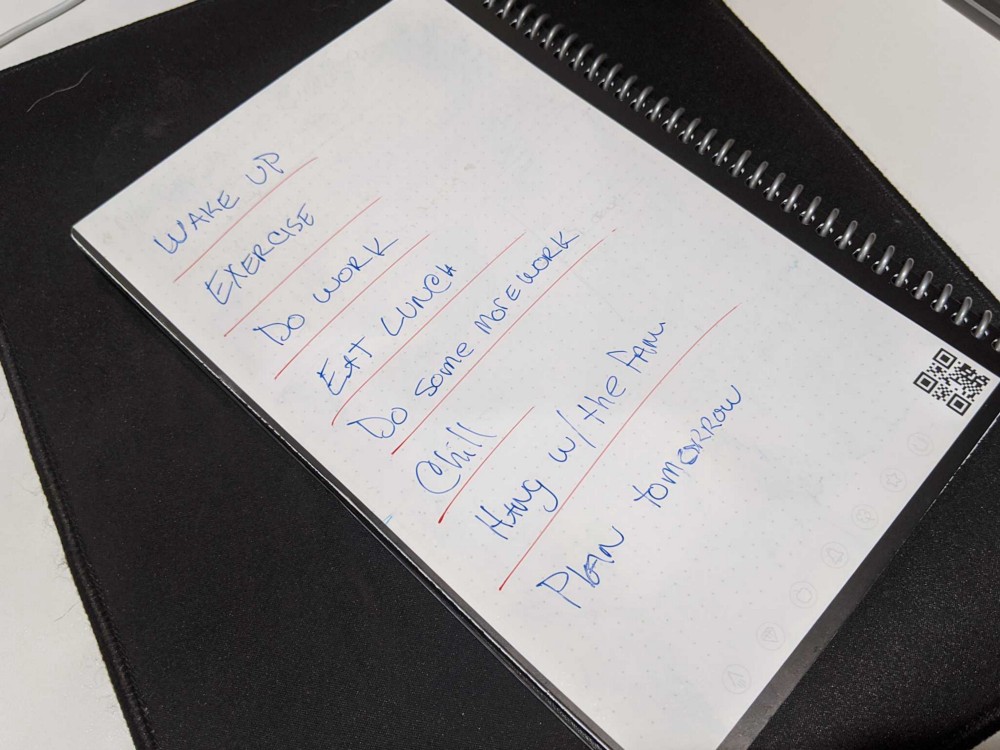Bonus Yourself with Preparation
Bonus time.
I tend to find myself working at companies where tracking time is part of the role. And when you’ve had to account for time as long as I have, a decent benefit is learning how you can be more efficient. The retrospective view of your time after you already know the result of your actions gives you clarity on how to handle future situations. You know what time was spent well and what steps can be skipped.
Because of this, I try to impart the benefits of preparation with everyone that I get a chance to work with. I see preparation as a defensive opportunity that shields you from having to spend time on unproductive tasks.
A Tale of Ignorance
I once worked alongside a junior project manager who was struggling with his sole project. He seemed to be spinning his wheels, dejected, and burnt out. When asked how I could help, the coworker suggested shadowing me to see if I interacted with clients differently. Before we could schedule a time, the coworker openly admitted to having worked hundreds of hours more than what was being logged. It was shocking.
From the company’s perspective, the employee worked the expected 40 hours each week. But in reality, he was starting his day three hours before anyone showed up and ended well after most folks finished dinner. This happened for months. When asked why he said this schedule was the only way to ensure that the project was successful. Despite the best intentions and all the time thrown at the project, it wasn’t a success until the rest of the team came together to save it.
“No matter how far you’ve gone down the wrong road, turn back.” — A Turkish proverb from The Pragmatic Programmer that Mike Cavaliere shared with our team today.
Plan Your Day
When you don’t prepare, it’s obvious to those who have. You end up looking foolish. Successful people prepare for the possibility of surprises and don’t wait for them.

Somewhere, someone is planning to plan.
Consider how you start your week. Do you get to work Monday morning and start banging away at a keyboard? Are you nervous about what awaits you in your email? Do you wait for the ten-minute reminder from your calendar to prepare for the following hour?
A simple glance of your calendar the night before ensures you know how your day may unfold. You can handle conflicting appointments immediately. You can plan to take advantage of open time. You can think through what you may need so that you aren’t embarrassed by showing up empty-handed. You can even proactively cancel meetings that don’t require your attendance.
That smallest bit of effort will let you know how much preparation is required of you. Spending 10 minutes researching a new topic will lead to one of two outcomes. You either walk away confident that you already know enough about the subject, or you realize you need to plan to spend additional time to understand it.
Anticipate Change
Let’s say you’ve got a good plan for your day. You’ve mapped out what you need to do. If you do it all, you’ll feel extremely accomplished. Maybe you’ve even bought a calendar that helps you detail how you spend every hour.

When Bob calls.
What happens when Bob from accounting calls and has an urgent request that requires you to drop your plans for at least half a day? And now your day’s ruined all because of a surprise request. Well, the thing about surprises is, you don’t know when they’re going to happen.
My advice? Plan on taking small breaks throughout the day, schedule dedicated time for yourself, and don’t let others steal your time.
- Don’t work the full hour. Work 50 minutes, and then take a 10-minute break. Walk around, disconnect, or grab a snack. Do anything except switch to another work task. If you can accomplish that, it’s usually a positive indication that you’ll come back refreshed and ready to work again.
- Don’t schedule your entire day. What happens when you get a new business call out of the blue? Are you going to skip it? Probably not. Take the call and use some of that buffer time you’ve built into your day to handle the task you were currently working on.
- Don’t let people control your day. Once you have a plan, keep to it. Nothing’s worse than having an unprepared person come to take away time from you. This is a massive reason why pushbacks on meetings are not only allowed, but advised at Echobind. Meetings can be toxic, so avoid them at all costs unless there’s a clear purpose.
- Don’t let Slack control your day. Slack is the worst. It’s a todo list of todo lists. Unfortunately, it’s become a vital part of many businesses and a preferred way to communicate. Slack works well if you can treat it with an async mindest, but it becomes a time suck as soon as you treat it like an always-on megaphone that you can just shout into at any time.
Breathe Easy

Meditation is basically preparation.
When you prepare, you feel confident. You know what you’re getting into, and you don’t have to worry about surprises. You look like the smart one on the call, especially if others simply checked the attendance box and didn’t come with an agenda.
“There are no secrets to success. It is the result of preparation, hard work, and learning from failure.” — Baby Yoda (actually, Colin Powell)
Being prepared also means working less. By taking the time to prepare, you’ve already taken something off of your to-do list. Odds are, because of that preparation, you better prioritize your workload and won’t lose time fixing mistakes.
Prepping for daily actions, weekly meetings, quarterly goals, or yearly reviews can pay off massively. Being prepared is another way to be proactive, so start investing in yourself by preparing more.



